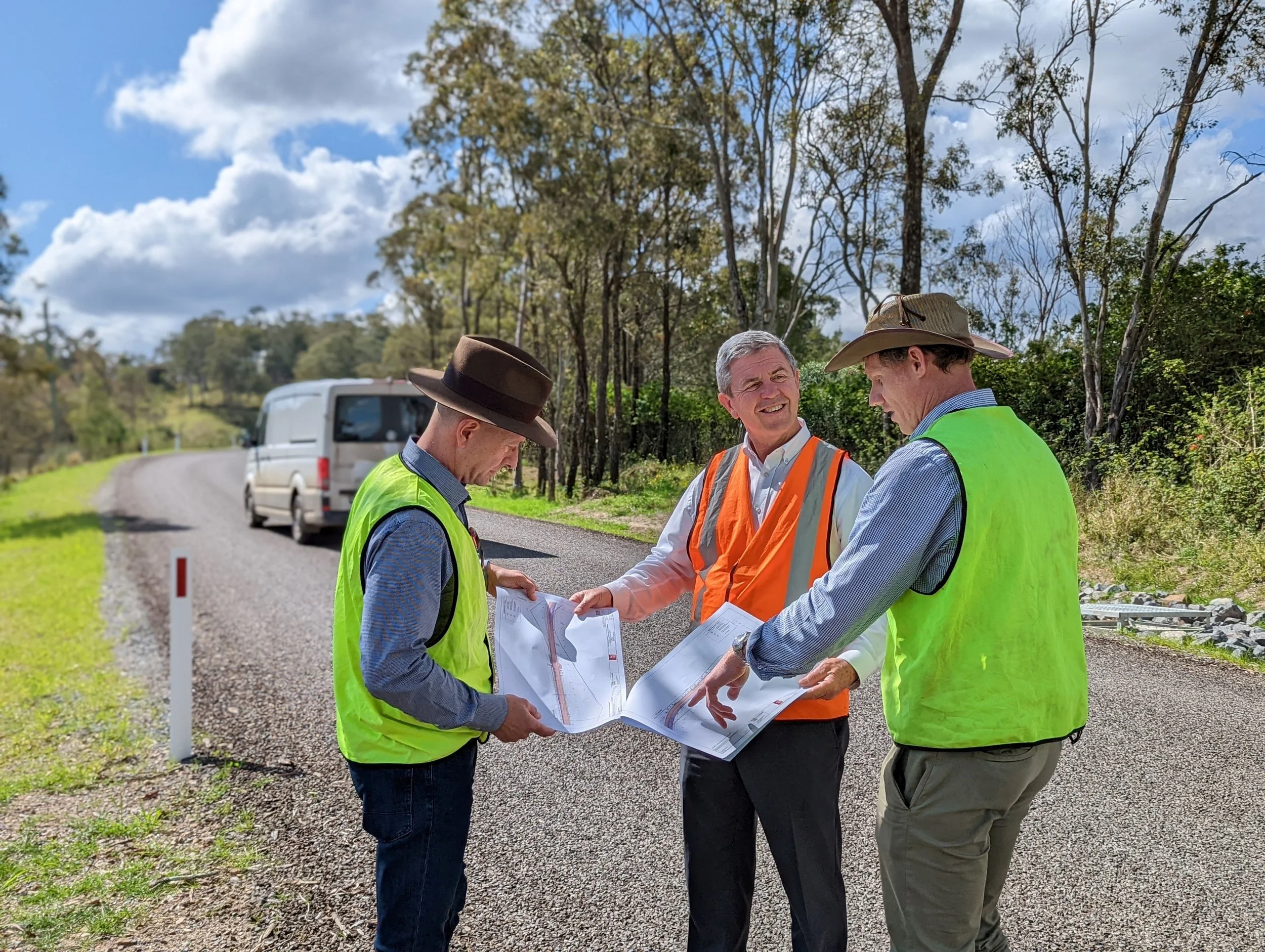LOCAL ROADS AND COMMUNITY INFRASTRUCTURE PROGRAM
The Federal Government has announced the allocation for individual Councils of Phase 4 of the Local Roads and Community Infrastructure program.
In the Lyne Electorate the allocations include:
Council Phase 4 – Part A Phase 4 – Part B TOTAL
Maitland City $872,757 $503,425 $1,376,182
Port Stephens $780,527 $450,225 $1,230,752
Dungog Shire $574,823 $331,570 $906,393
MidCoast $3,392,463 $1,956,849 $5,349,312
Port Macquarie-Hastings $1,826,618 $1,053,634 $2,880,252
Part A - $500 million allocation for roads and community infrastructure projects – all councils
Part B - $250 million allocation for road only projects (for eligible non-urban areas)
Federal Member for Lyne Dr David Gillespie said the program, which was created by the former Federal Coalition Government, had now become a critical program for regional councils in local infrastructure delivery.
“Despite Labor’s axing several regional programs, I am pleased that the government is going to retain the Local Roads and Community Infrastructure program.
“In my recent Vision 2030 Plan survey, of the 3,000 households that responded across the Lyne electorate, roads were the number one priority.
“This program will go some way towards getting more road projects on the agenda.
Dr Gillespie said that since the Federal election a year ago, he’d had several meetings with both the Minister and Shadow Minister for Infrastructure, Transport & Regional Development.
“I’ve discussed the need to not only maintaining existing levels of funding for infrastructure in regional areas like ours, but also further investment given the importance roads are to our region and the economy,” Dr Gillespie said.
“In government, The Nationals put in place a number of good programs for regional Australia. These programs, combined with the regionalisation agenda we took to the last election, should be embraced if Australia is not only to bring regional infrastructure up to standard, but also move the growth out our major cities and into rural and regional towns,” he added.
